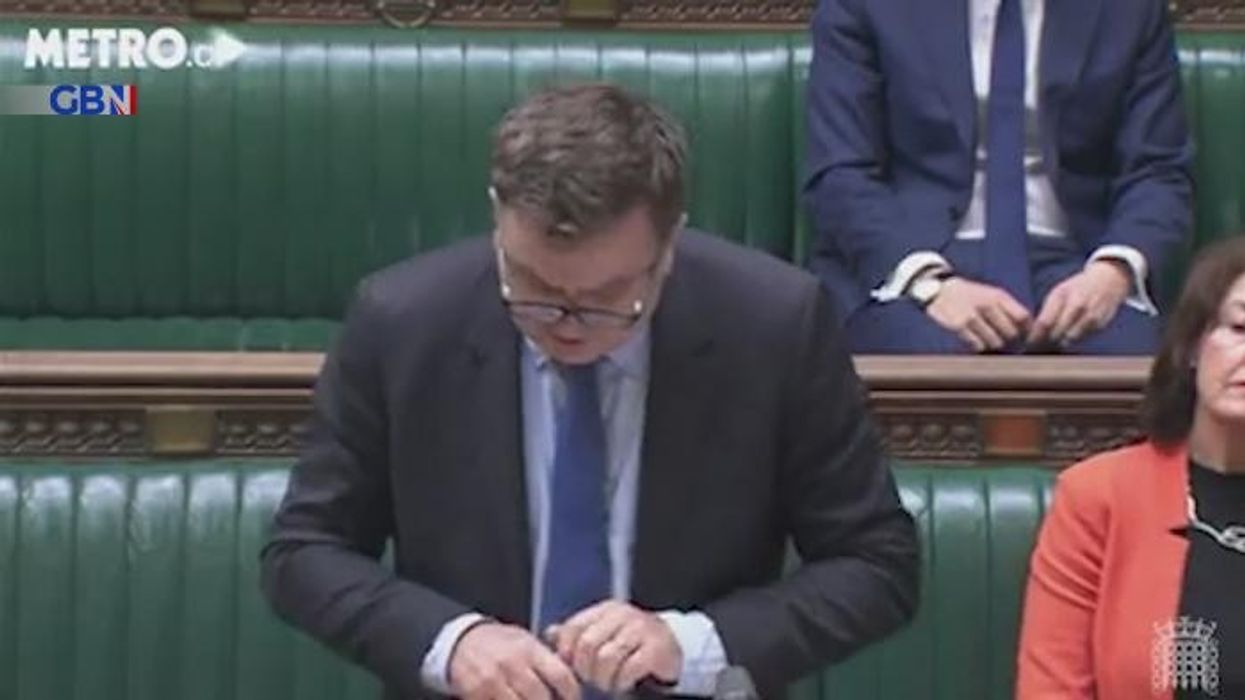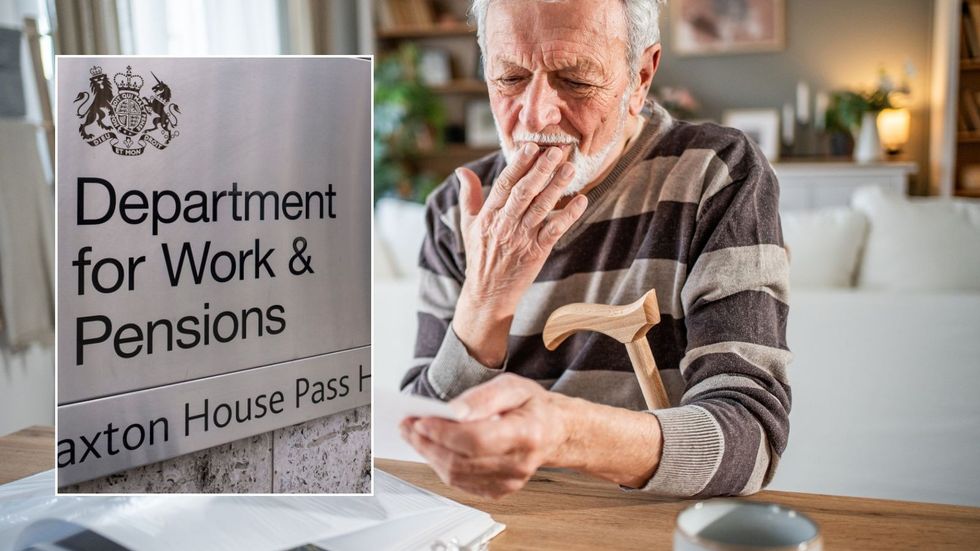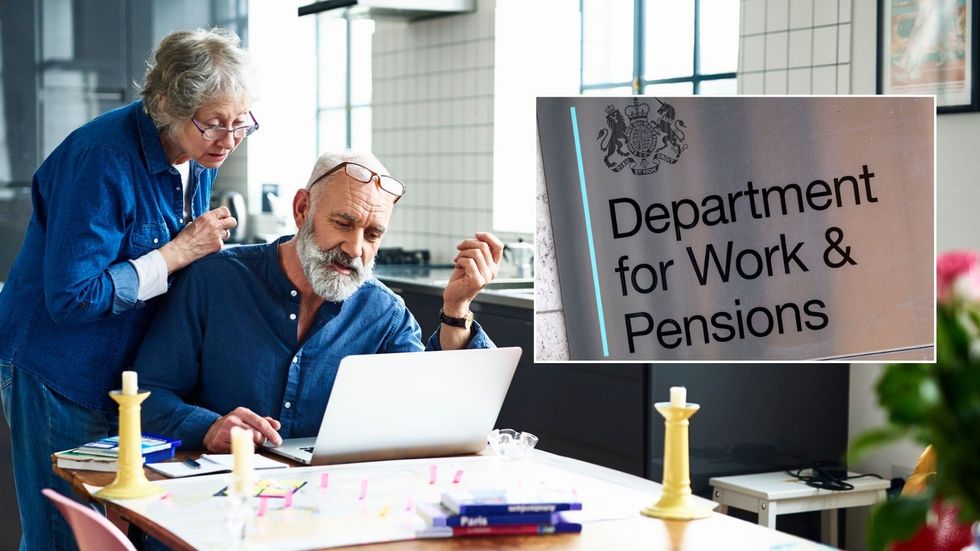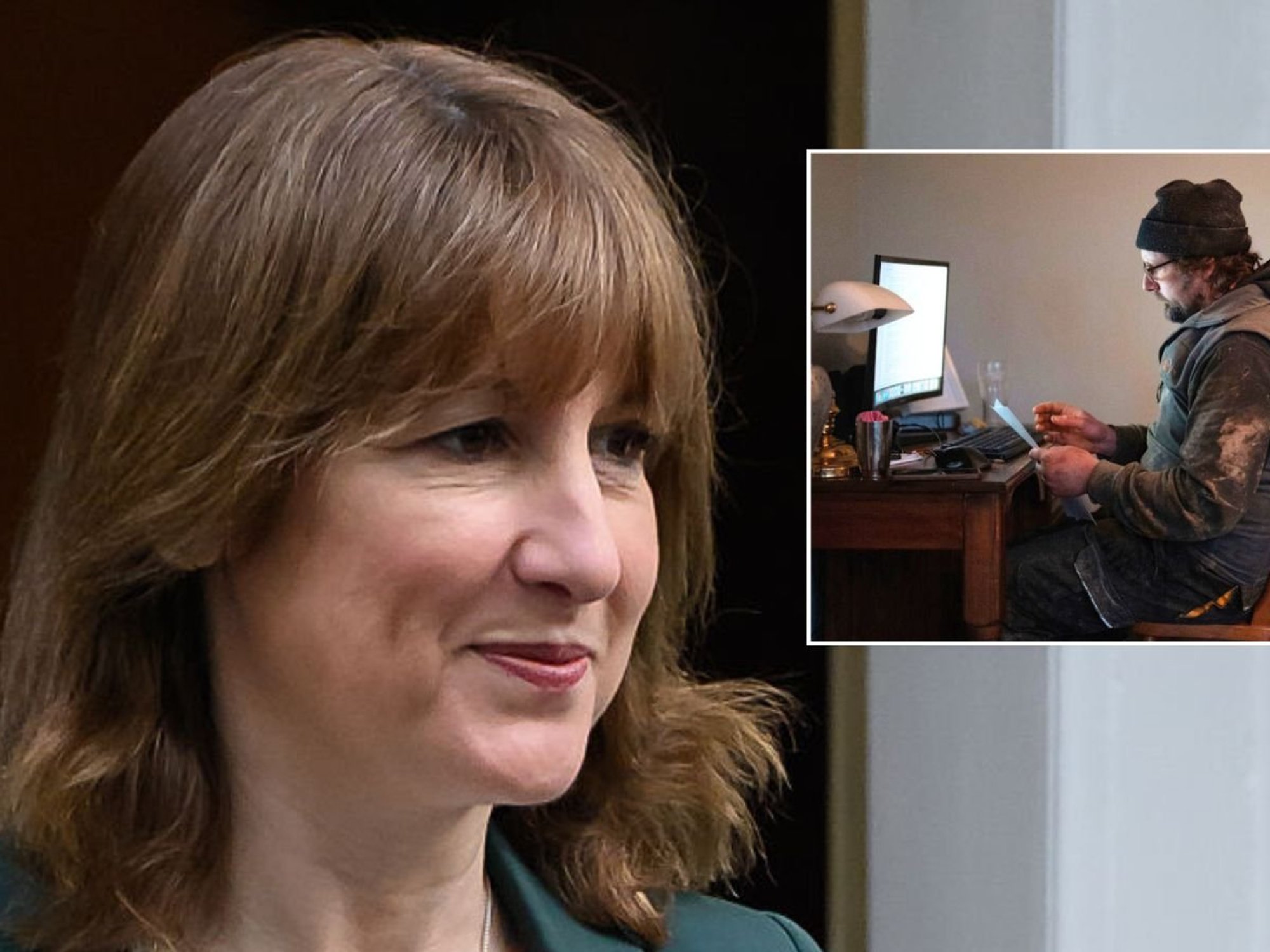DWP's Access to Work scheme offers up to £69,000 grants WITHOUT medical proof

GB News

The scheme funds practical adjustments, specialist equipment, support workers and transport for those unable to use public services.
Don't Miss
Most Read
The Department for Work and Pension’s Access to Work programme provides grants of up to £69,000 a year to help people with disabilities or health conditions stay in work.
It applies to physical disabilities, learning difficulties, mental health conditions and temporary impairments.
Eligibility extends to anyone aged 16 or over in paid work across England, Scotland and Wales. Crucially, applicants do not need a formal medical diagnosis.
Government guidance makes clear that a diagnosis is not required in order to apply, a rule that has prompted concerns about accountability.
LBC presenter Tom Swarbrick asked: "People can apply for up to £69,000 a year to help pay for adjustments, and it says here they do not have to be medically diagnosed with a health condition or disability to be eligible for support. Is that true?"
A 'sickfluencer' guest replied: "It's absolutely true. One reason is the long waiting lists for medical assessments, but applicants are still assessed by Access to Work. It's not just handed out to anyone."
The DWP's website states that claims are judged on how a condition affects someone’s ability to work, rather than on a doctor’s certificate or professional prognosis.
Assessors contact applicants, discuss their circumstances and may consult employers or carry out workplace visits before deciding on funding.
Do you have a money story you’d like to share? Get in touch by emailing money@gbnews.uk.

The DWP's website states that claims are judged on how a condition affects someone’s ability to work
| GETTYSuccessful applicants receive a written decision explaining how much support they will receive and what it can be used for.
Grants can pay for assistive technology, office adaptations, interpreters, job coaches, or help with commuting costs.
Funding can also cover interview support and adjustments for home-based workers.
Grants do not need to be repaid, and are separate from other benefits.

Claimants may have to pay upfront and seek reimbursement by providing invoices, receipts and bank details.
| GETTYHowever, the scheme does not cover “reasonable adjustments” that employers are legally required to provide under equality law.
Claimants may have to pay upfront and seek reimbursement by providing invoices, receipts and bank details.
Mr Swarbrick described the lack of diagnostic requirement as a “farce”.
In the interview, the 'sickfluencer' guest defended the approach, saying assessments ensured the money was not “given out willy nilly” - but admitted that delays in medical services had shaped the policy.
Figures show demand for the programme has surged. The number of people receiving Access to Work support jumped 83 per cent in just two years — from 36,910 in 2021–22 to 67,720 in 2023–24.
Spending has climbed 72 per cent over the same period, from £149.9million to £257.8million, according to the National Audit Office.
Government forecasts suggest grant payments will soar further, from £249million last year to £712million by the end of the decade.
The number of recipients is also expected to rise sharply, from around 37,000 in 2023–24 to 84,000 by 2029–30.

The Government has previously pledged to clampdown on fraudsters
| GETTYCritics say the absence of mandatory medical evidence leaves the system open to abuse, while supporters argue the assessment process and oversight are sufficient safeguards.
The tension reflects the wider challenge of balancing fraud prevention with ensuring quick, practical support for people who need it most.
With costs and claimant numbers rising sharply, pressure is mounting on ministers to tighten the rules.
The DWP has said it keeps the scheme “under constant review” to ensure value for taxpayers.










